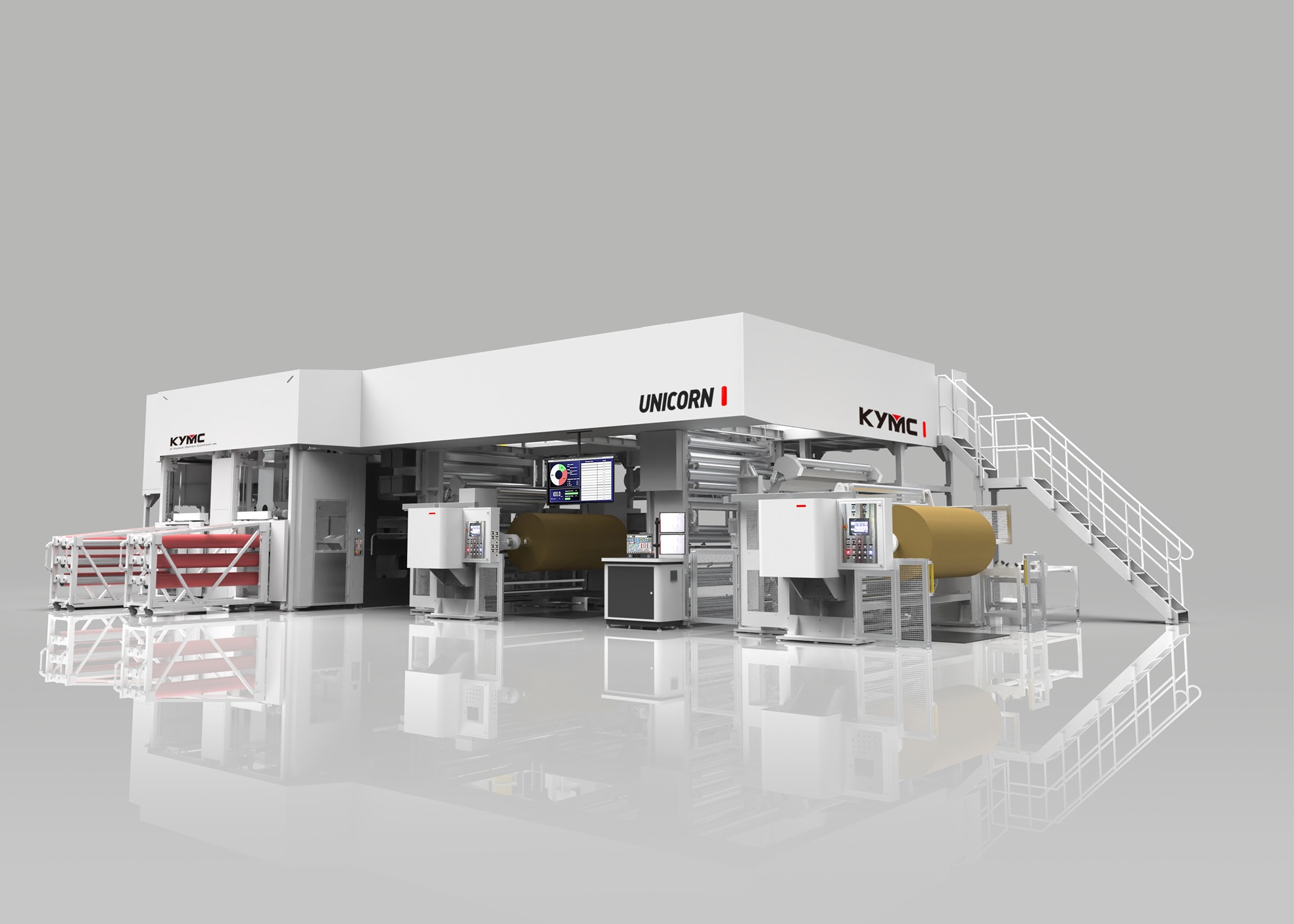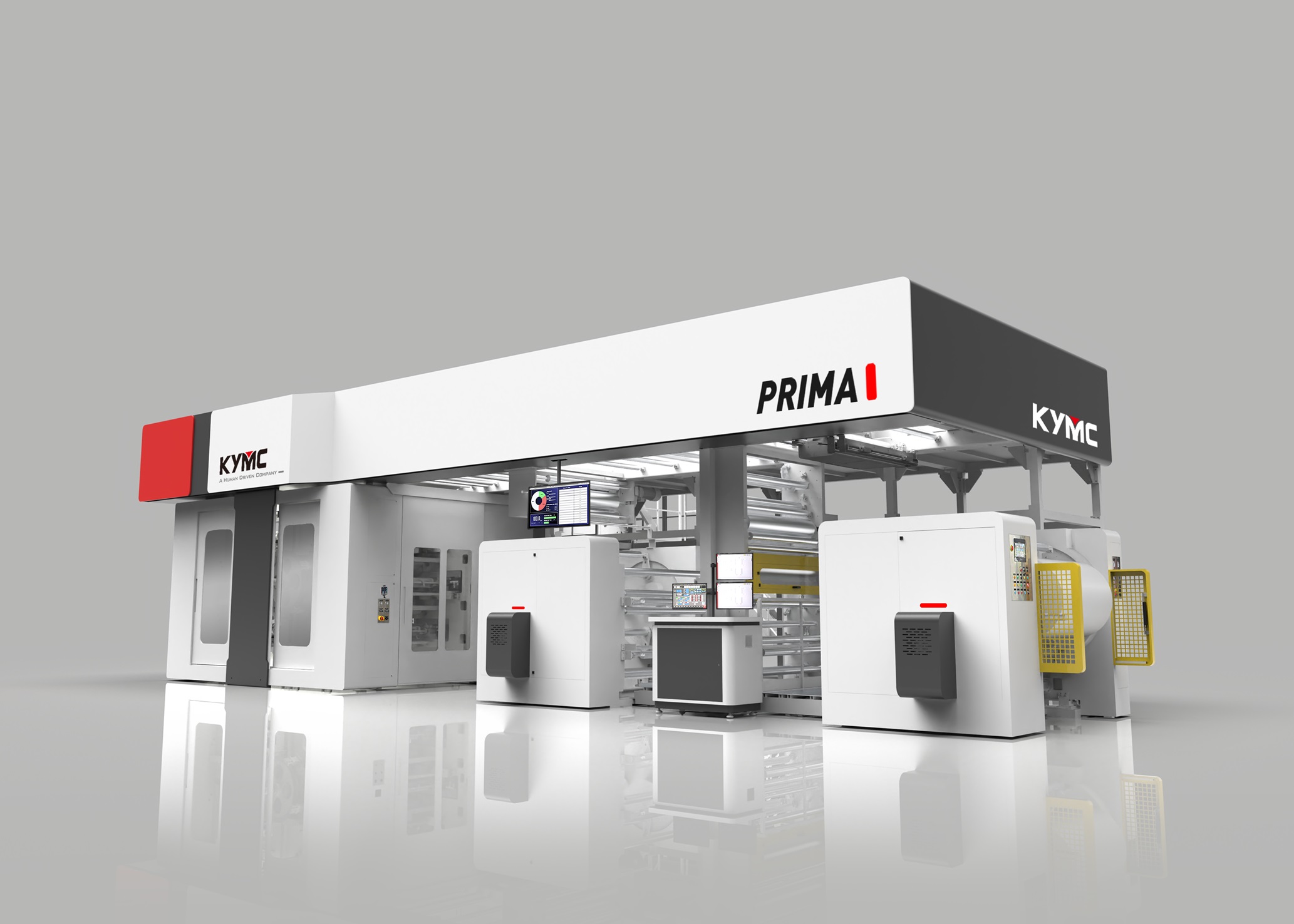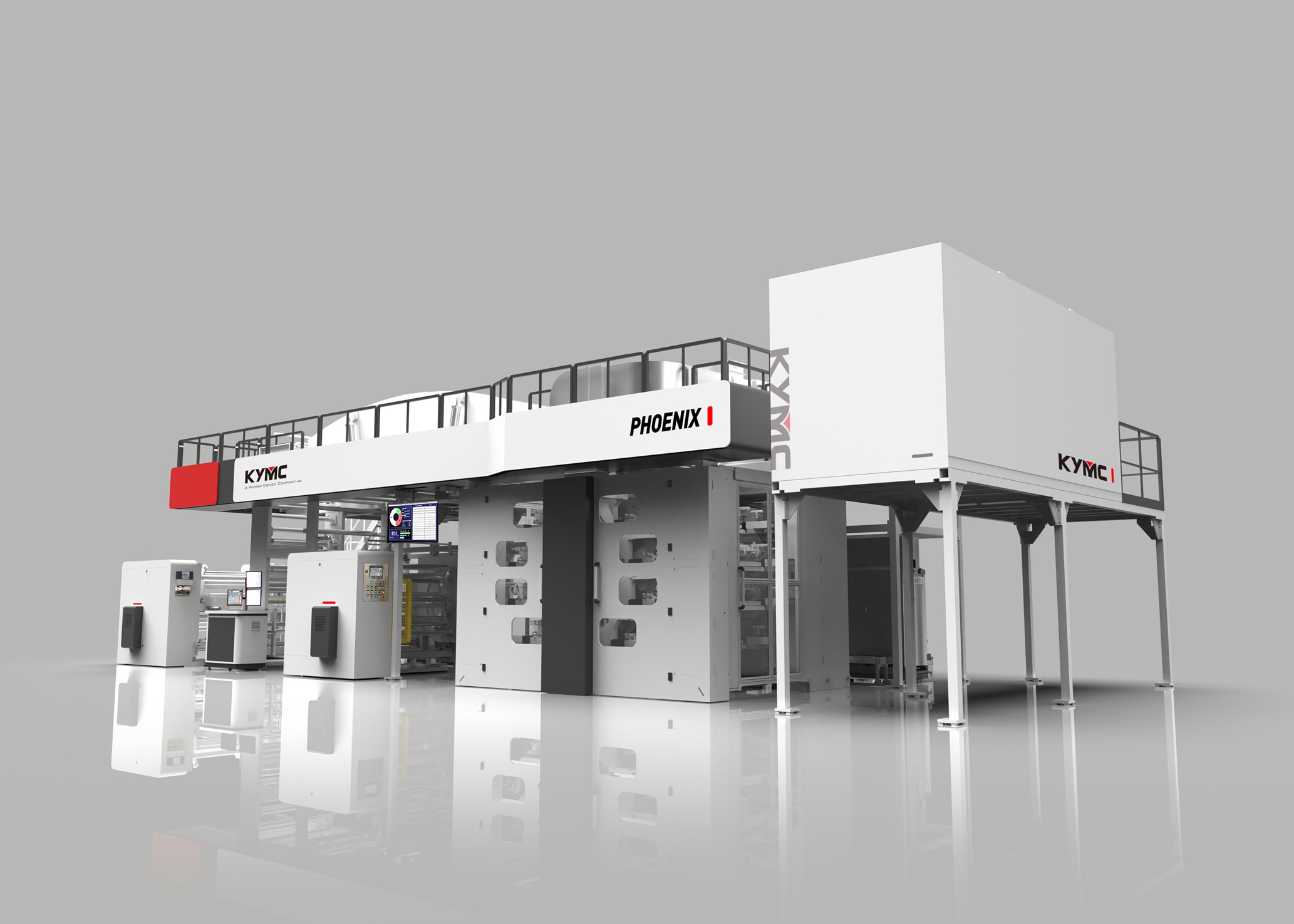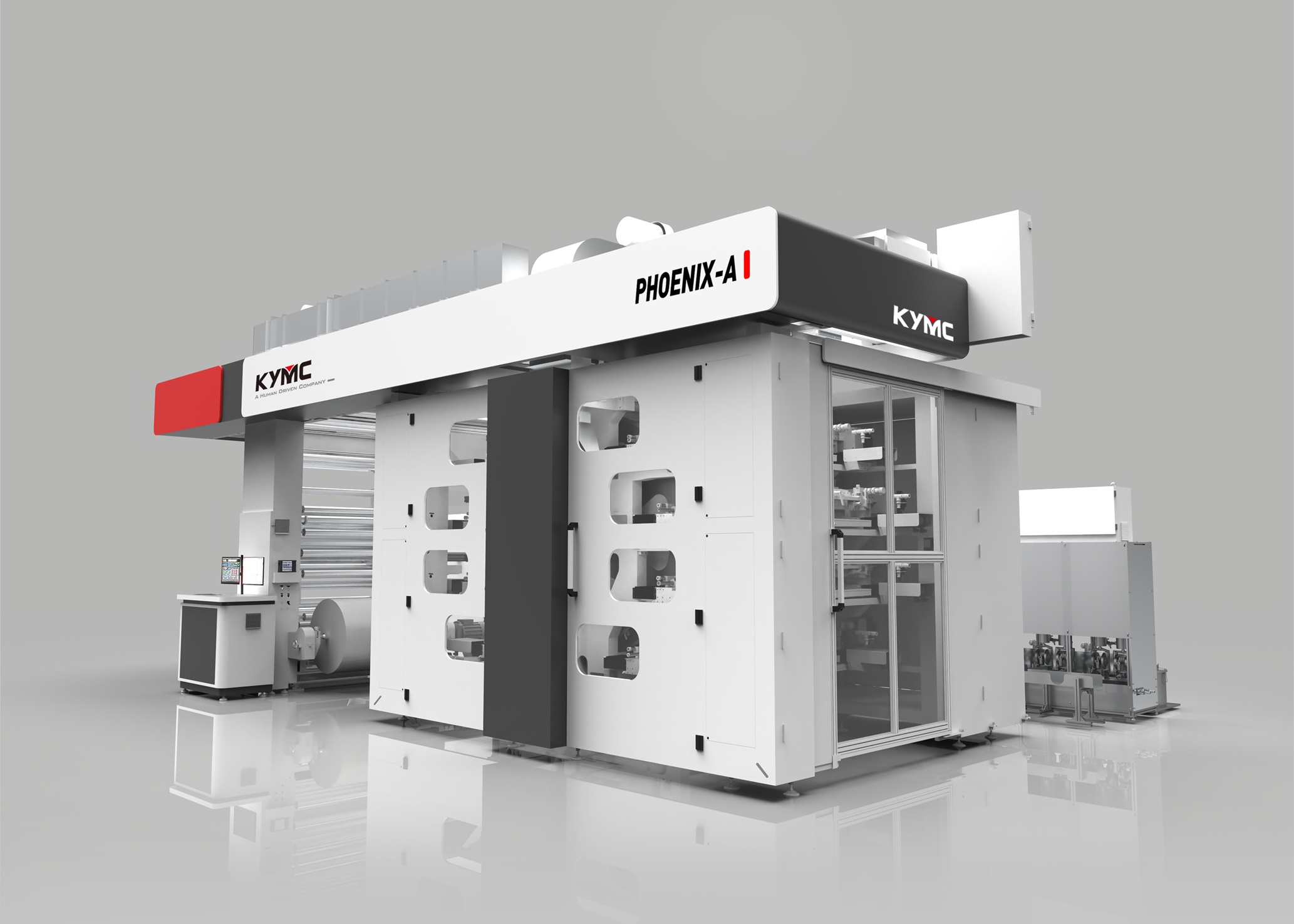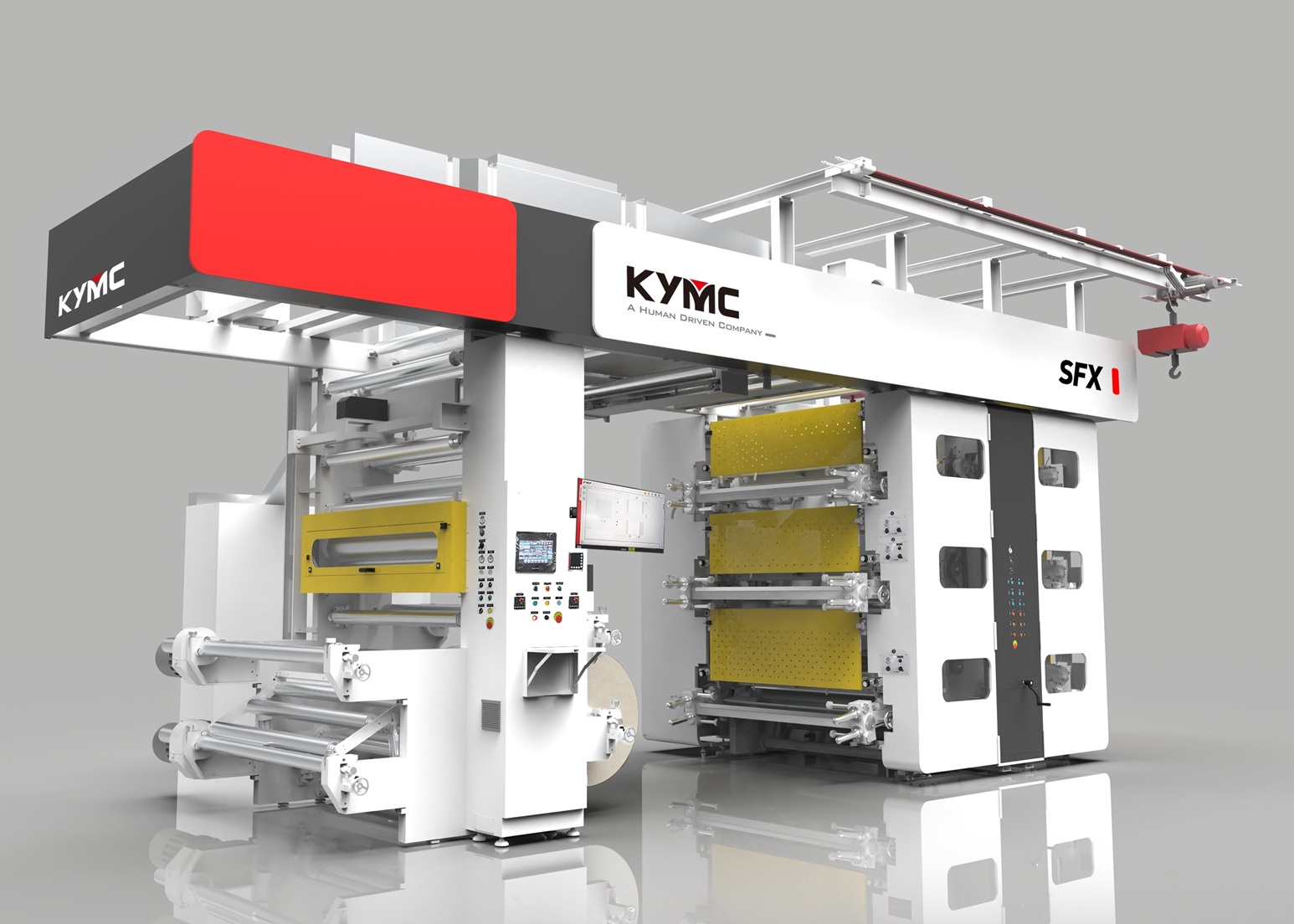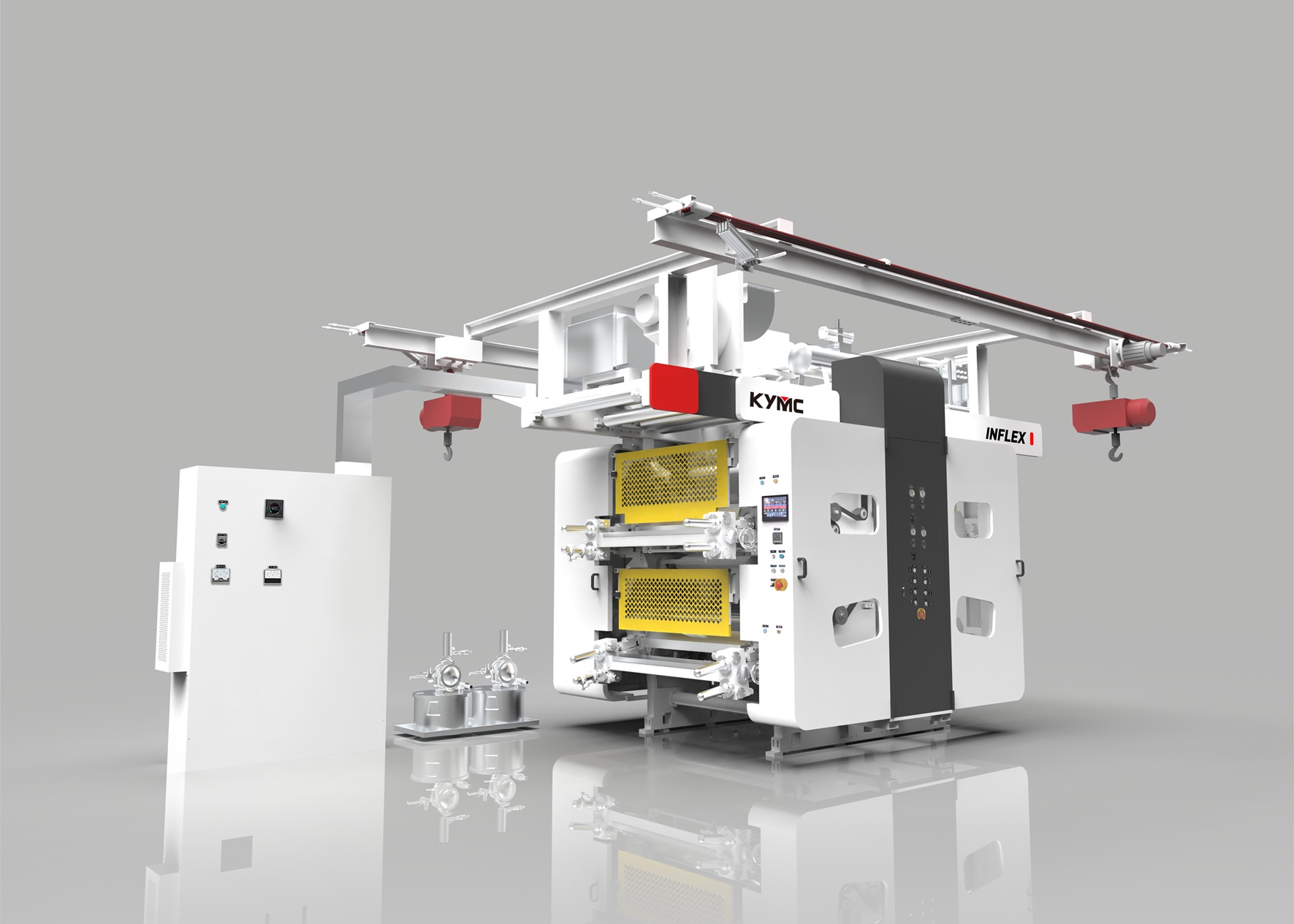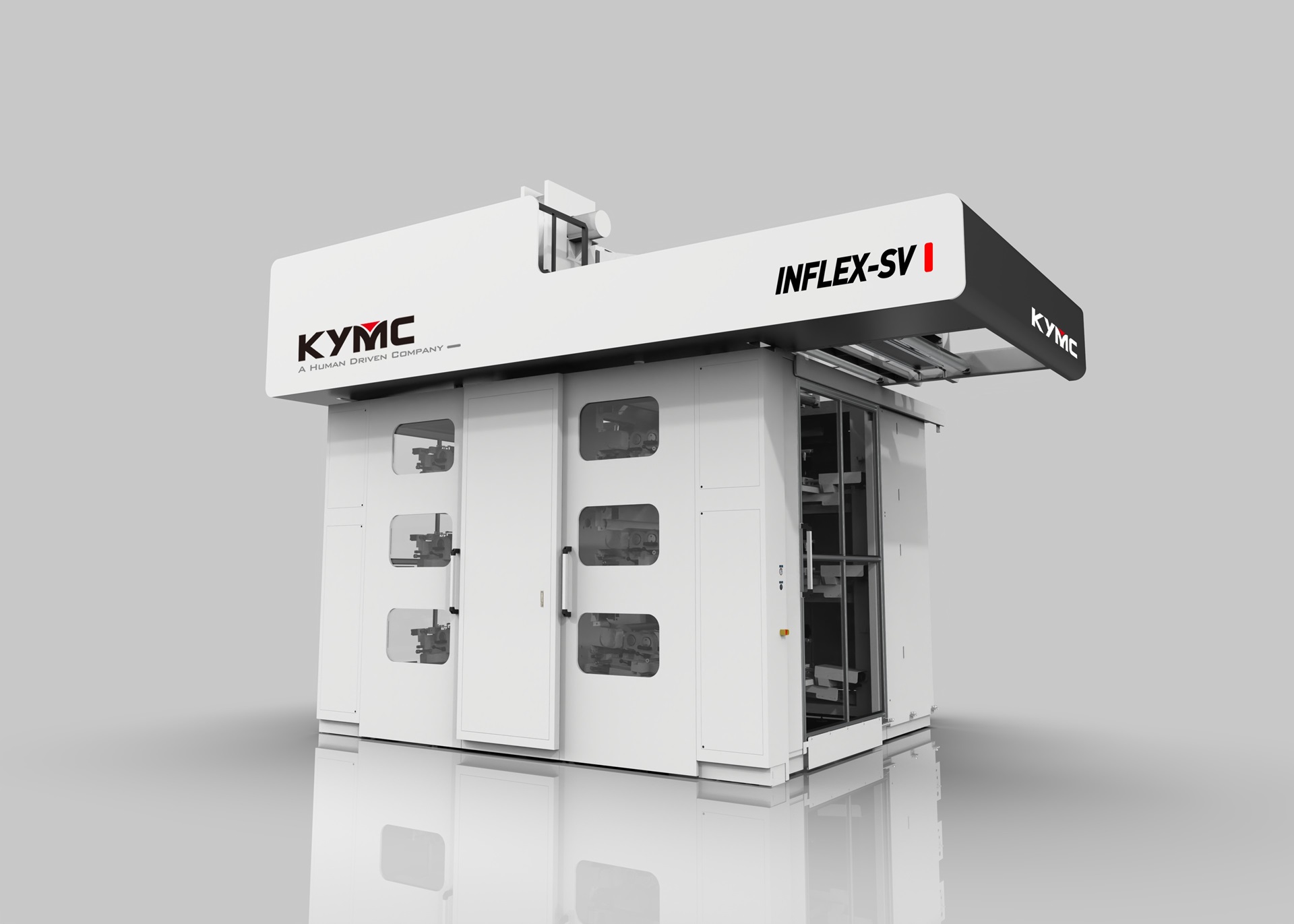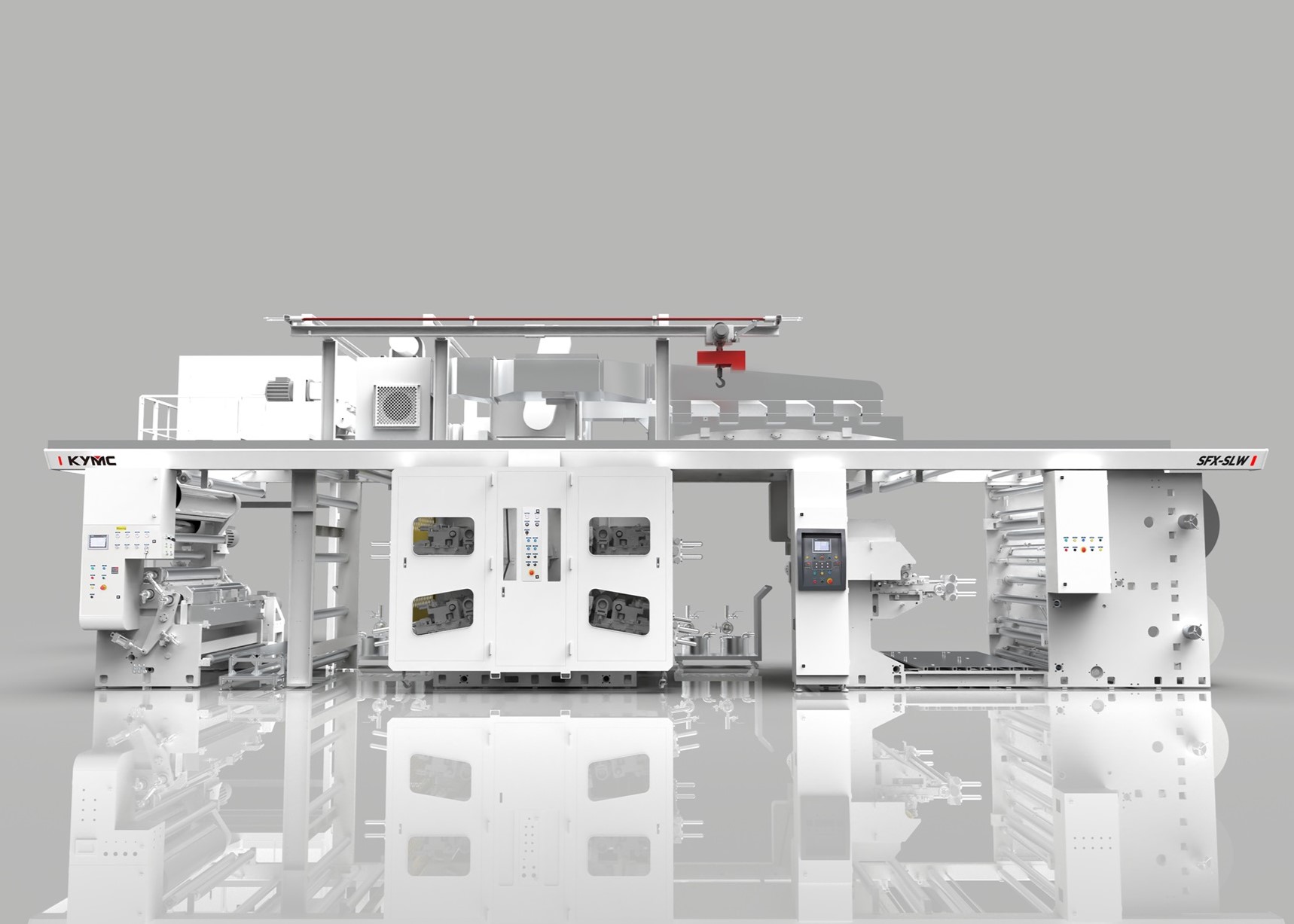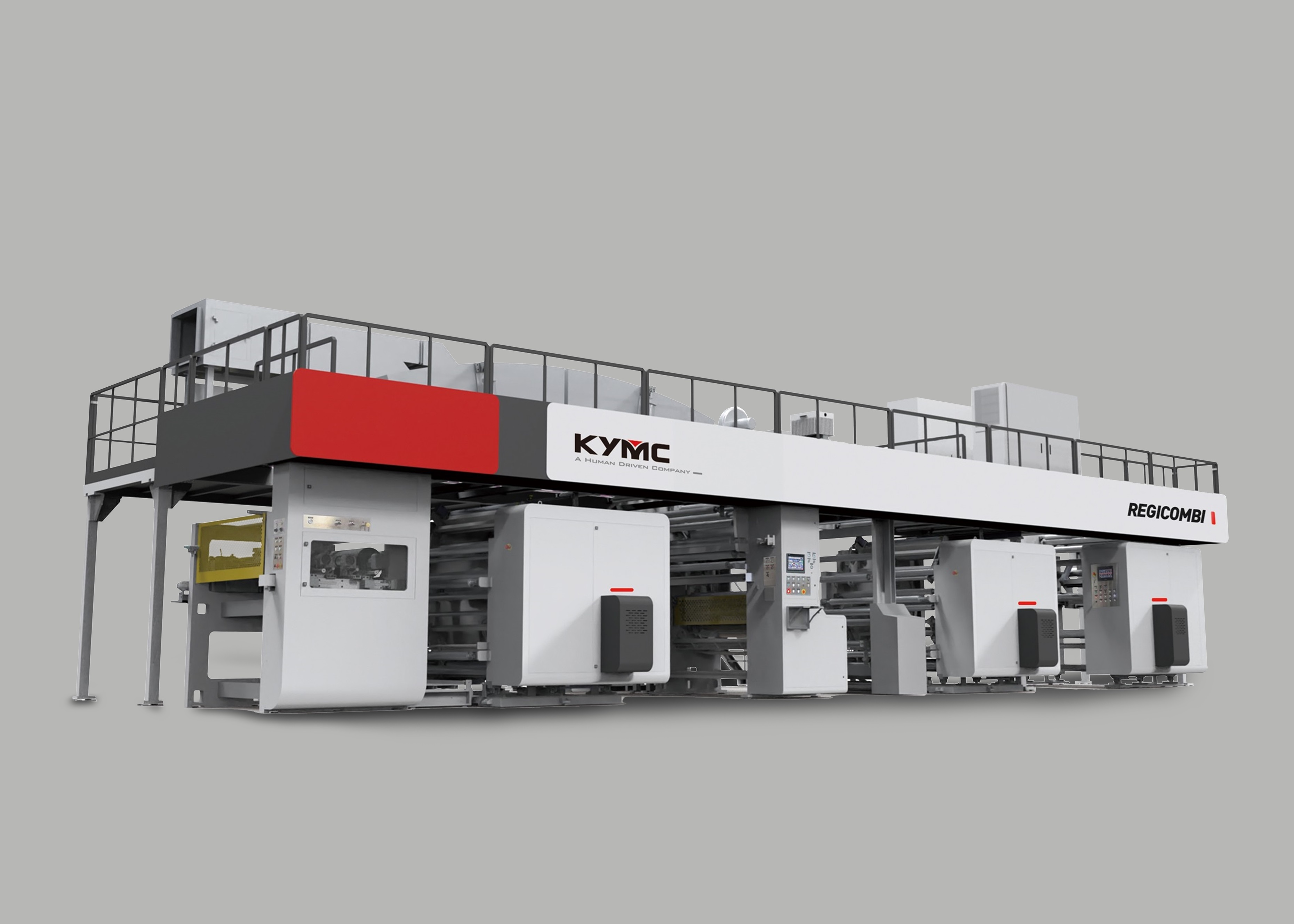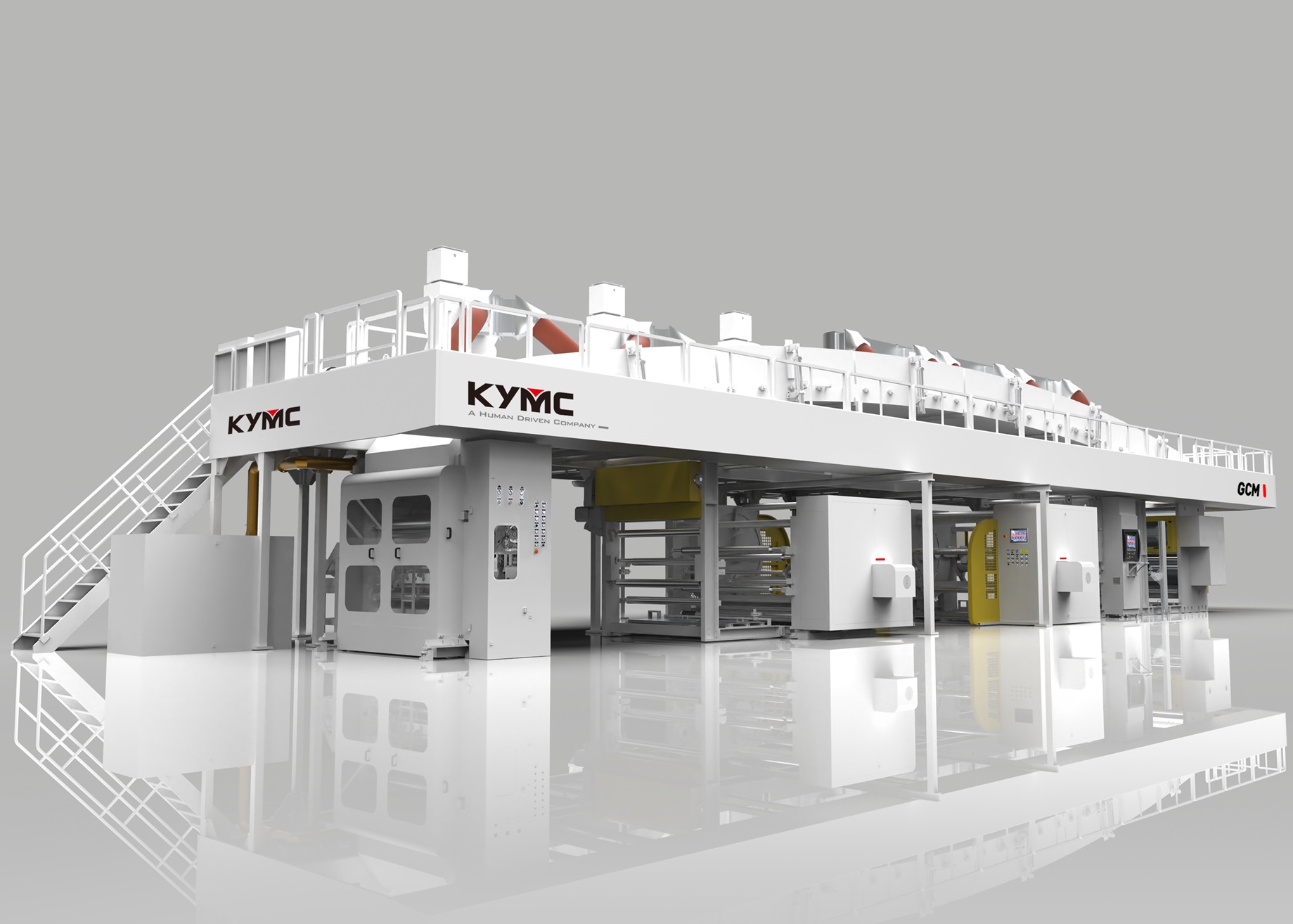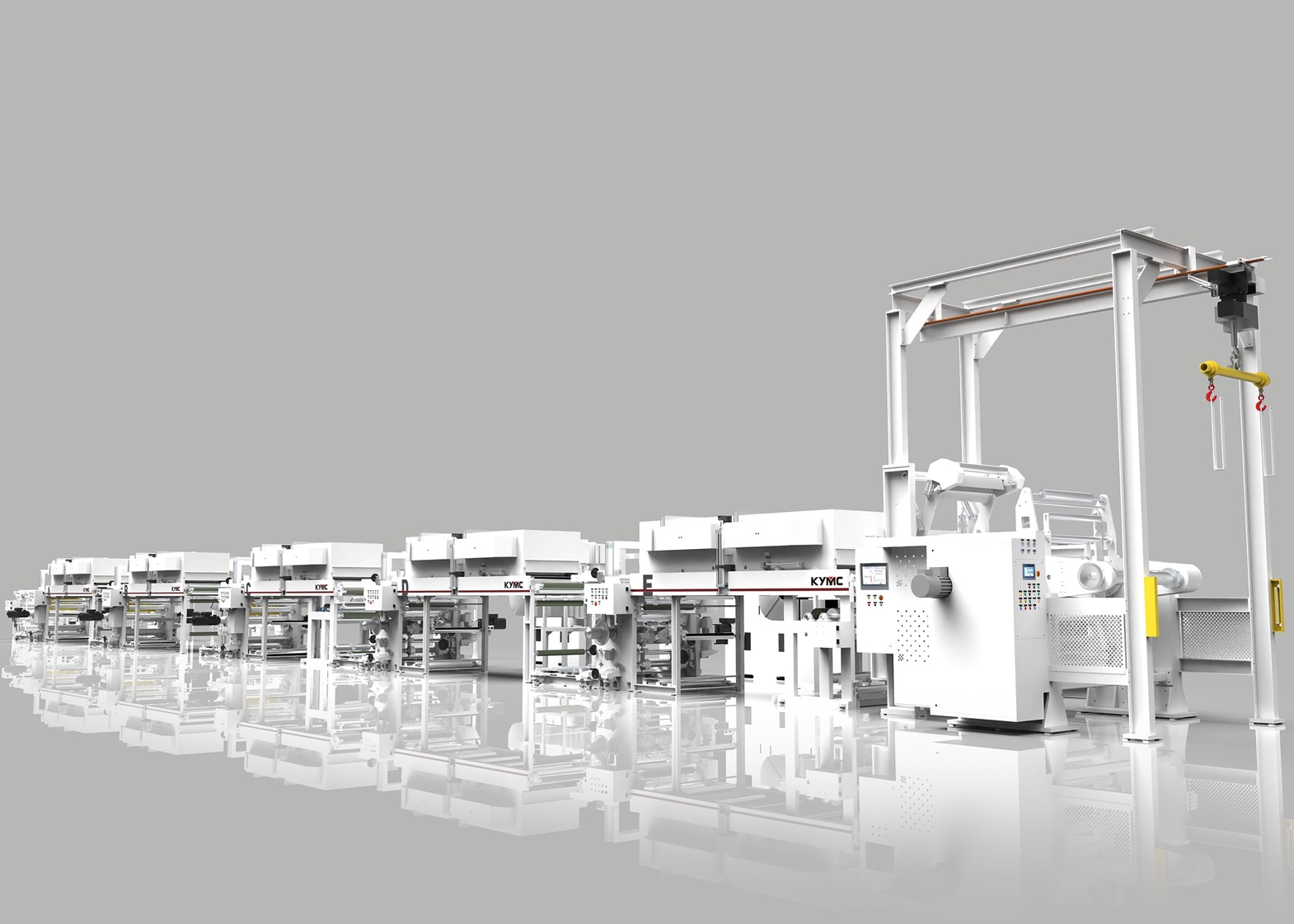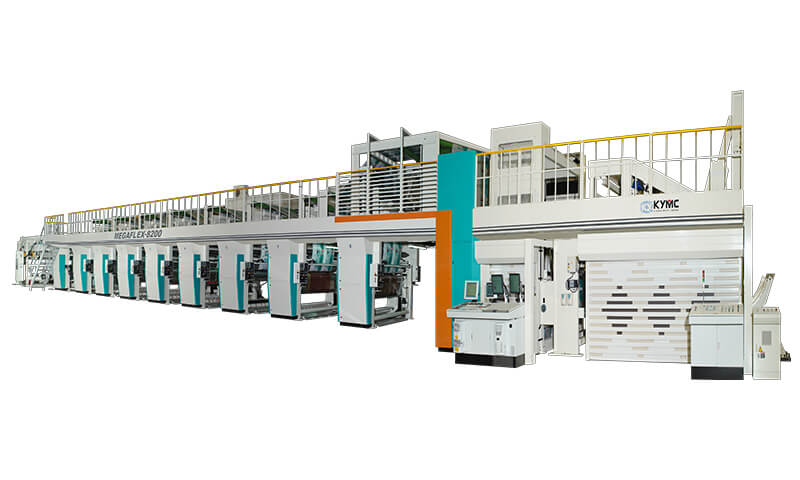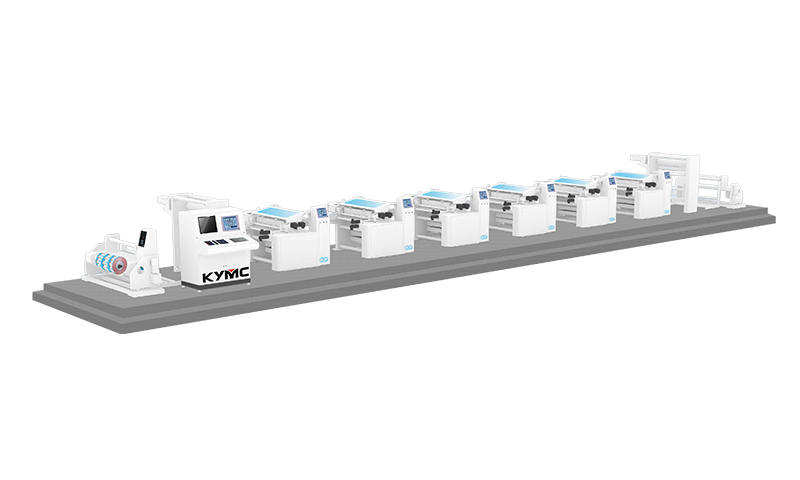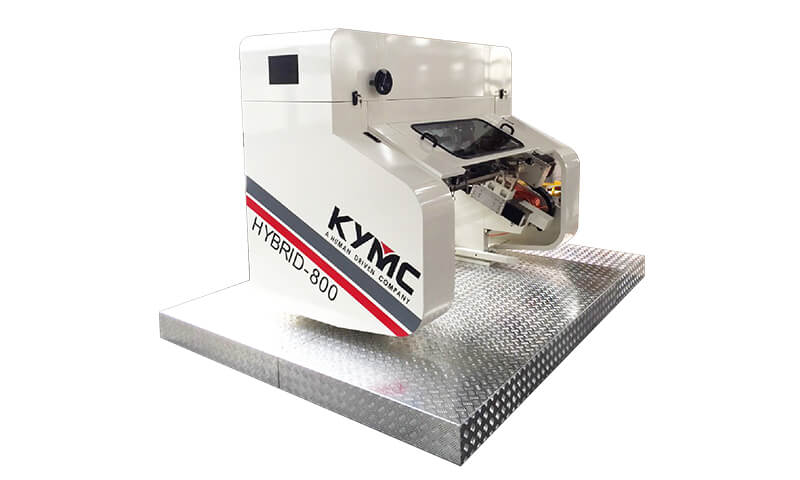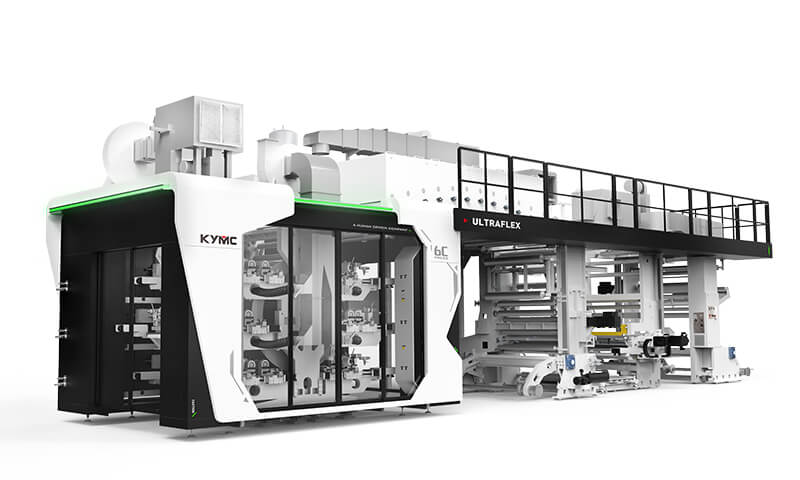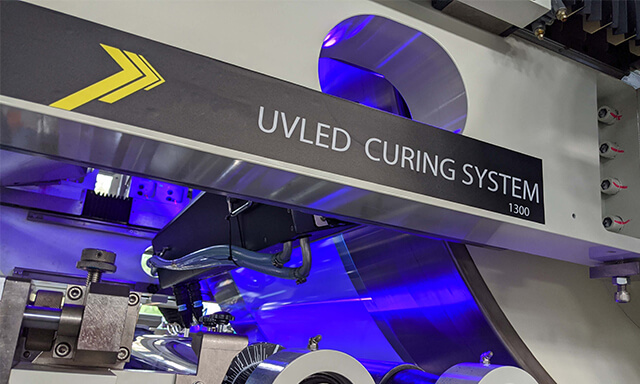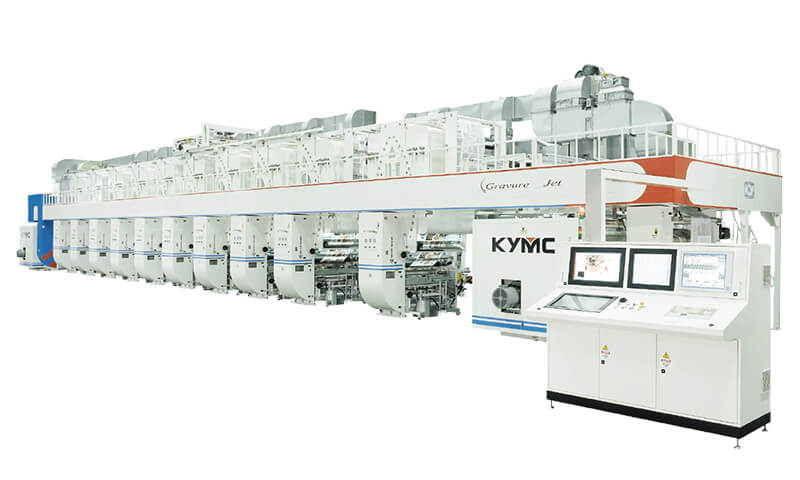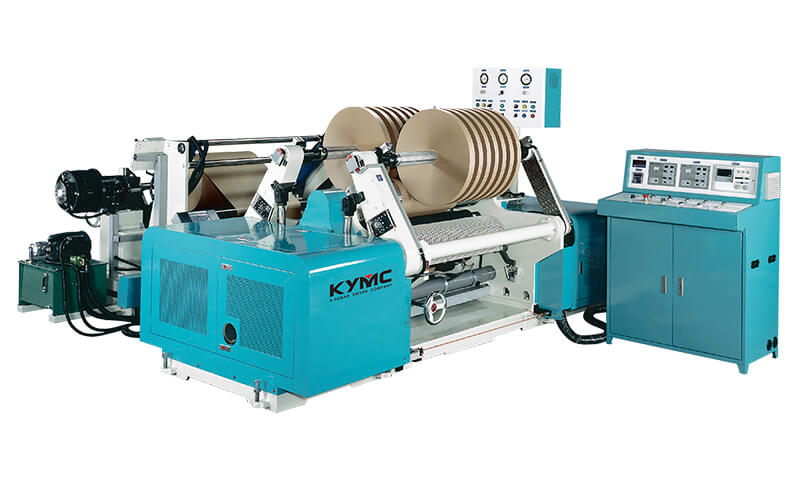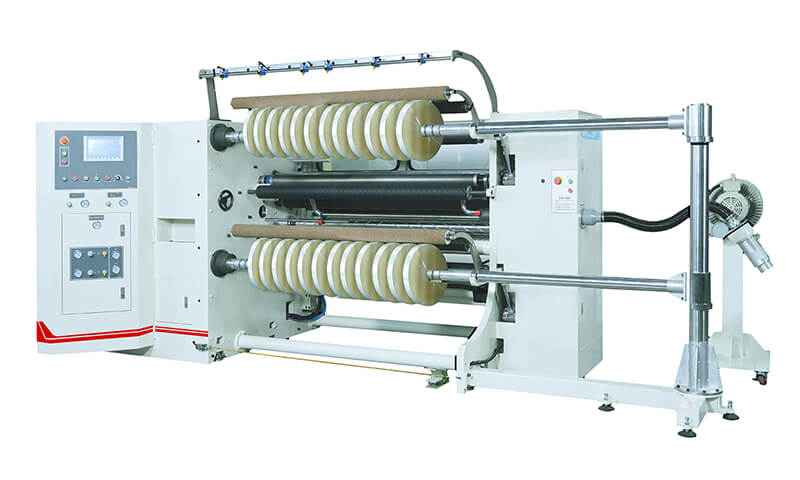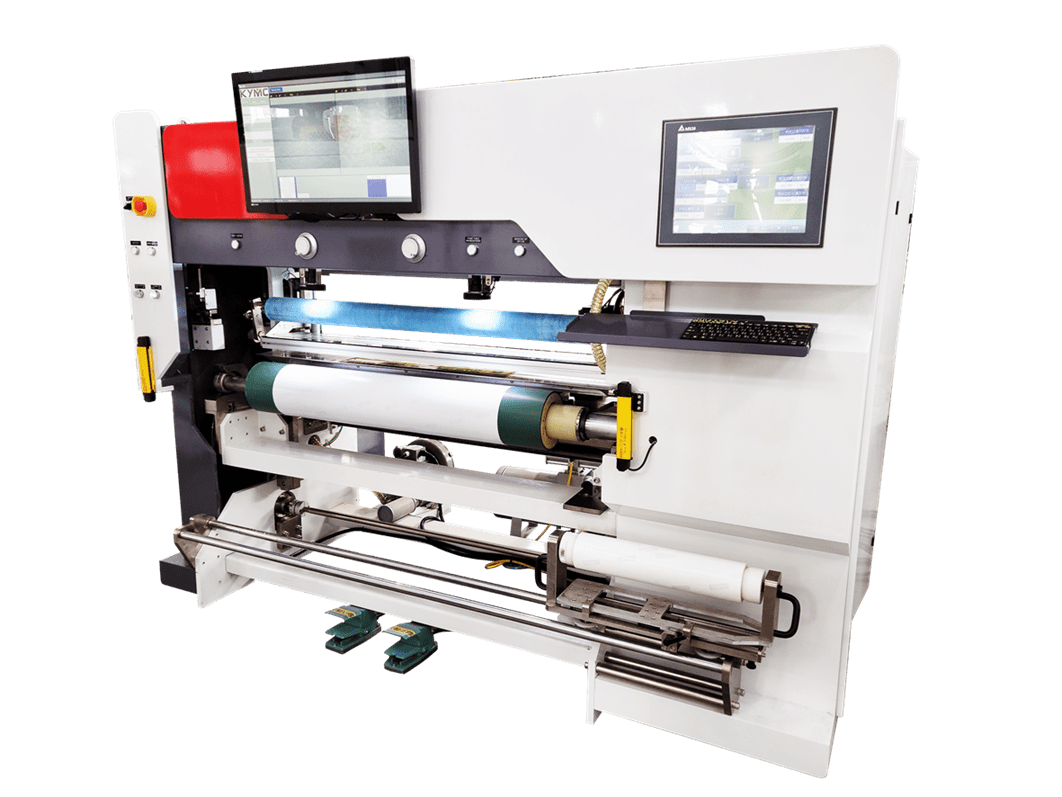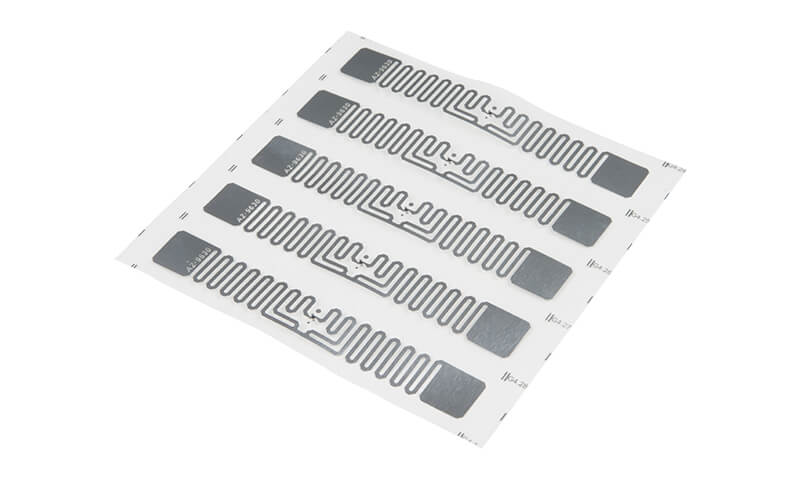From an environmental perspective: Paper Packaging V.S Plastic Packaging
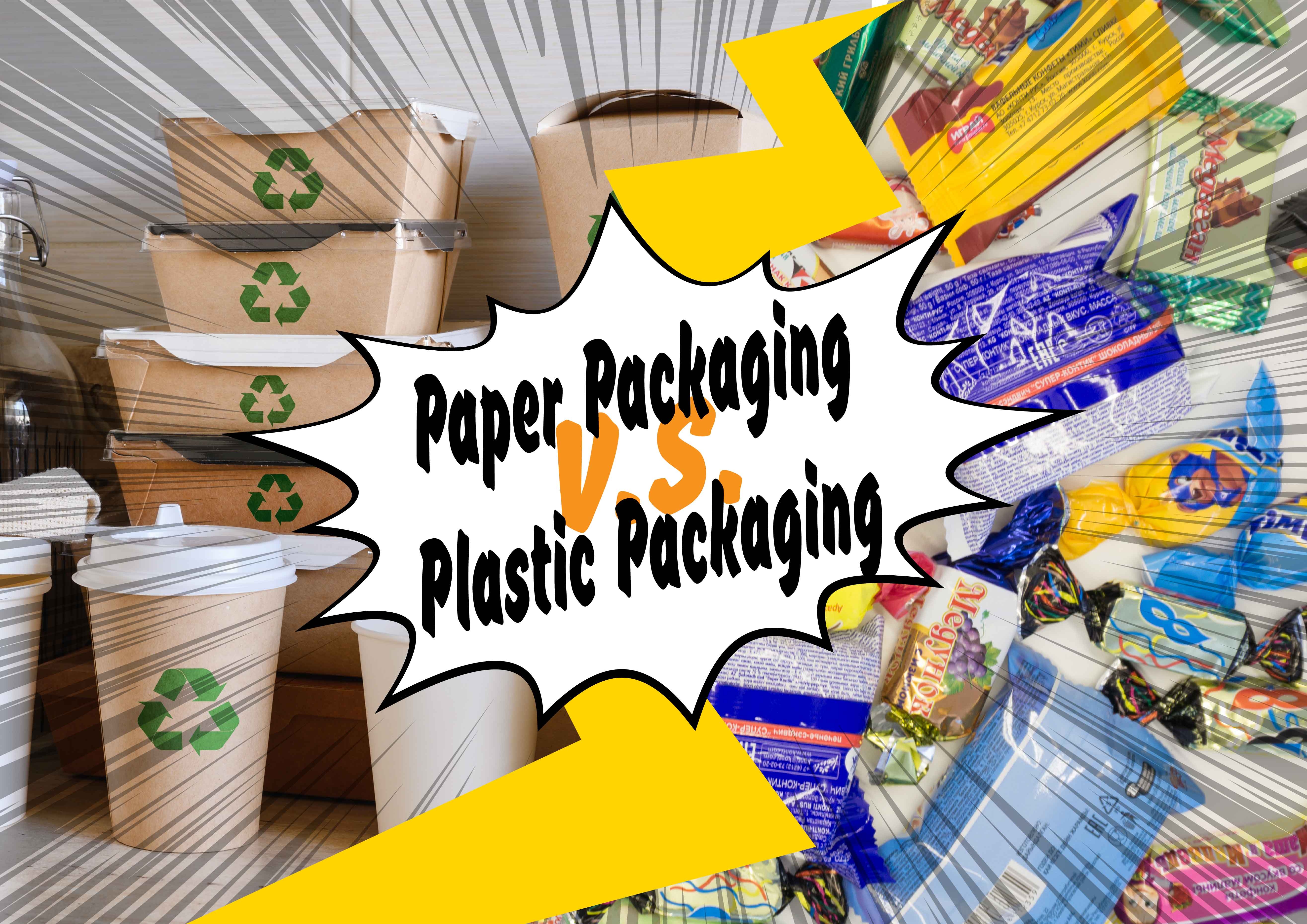
The route to a more eco friendly packaging is to switch from plastic materials over to paper materials. Is this really the case? Paper is a more recyclable material on its own. However, it is another story when paper is coated with plastic. If the recycling ecosystem for plastic coated paper is not set up in the neighborhood, plastic coated paper may be harder to recycle than plastic alone. Furthermore, the process of producing paper is more water intensive than plastics. Using paper also means taking the risk of over deforestation if paper is not sourced sustainably. So, is paper really more eco-friendly than plastic? In this article we will look at the bigger picture to explore the pros and cons for both paper packaging and plastic packaging.
Plastic Packaging
Pros: Plastic has a lower cost relatively when compared to paper. It has excellent durability and is long lasting. The material is light in weight and has good flexibility. From an environmental perspective, it takes less water to produce and has an overall lower Greenhouse gas footprint when compared to paper.
Cons: Plastic relies on fossil fuel in the production process. This contributes to carbon emissions and dependence on non-renewable resources. Its long-lasting nature is good for usage. However, plastic becomes a long-lasting pollution when it is released into nature. Plastic is non-biodegradable.
Recycling process: There are three main recycling methods for plastic includes 1. Mechanical recycling 2. Chemical recycling 3. Depolymerization. Mechanical recycling involves sorting, washing, drying, grinding, re-granulating, and compounding of the plastic. The mechanical recycling process does not change the chemical structure of the material, which permits multiple cycling of the polymeric materials, creating a closed loop. Chemical recycling involves melting and reforming plastic. The chemical recycling breaks down plastic into its molecular components. Chemical recycling process can recycle a wider range of plastic types, including mixed or contaminated plastics that would otherwise be challenging under the mechanical recycling process. The Depolymerization process is a technique that breaks down plastic using heat or solvents. Plastic polymers are disassembled allowing for the recovery of monomers. These monomers can then be used as raw materials for producing new plastic without losing quality.
Paper Packaging
Pros: Paper is much more recyclable than plastic when paper is not coated. At the same time paper is biodegradable in nature. From a packaging perspective, it is good for printing during packaging design.
Cons: Paper is less durable than plastic and is not water or grease resistant. Therefore, many times paper is coated with chemicals or plastics to enhance its performance. An enhanced performance often means it is harder to recycle. As additional recycling procedures are needed to separate paper from its enhanced performance layer. Most of the time this layer is plastic. Using more paper means more trees are going down. Therefore, if trees are not planted back to compensate for the ones that are being cut down, this will lead to deforestation issues. Moreover, the energy and water and greenhouse gas footprint from paper production is greater than plastic production.
Recycling process: The recycling process often starts with separating the paper into different grades. Then the paper is pulped with water and chemicals to separate the fibers. Then comes screening where the pulps are pushed through screens that have holes of different shapes and sizes. After screening a de-inking process will be needed to remove the ink particles. Lastly pulp is sprayed onto the wire screens which drains the water to form paper sheet. However, if paper is coated with plastic, the recycling process will be more complicated and requires more time, energy and cost.
There is no absolute advantage of one material over the other in packaging. It comes down to what type of resources are more abundant in your neighborhood or region. More importantly, what type of recycling system is mature in your community?

